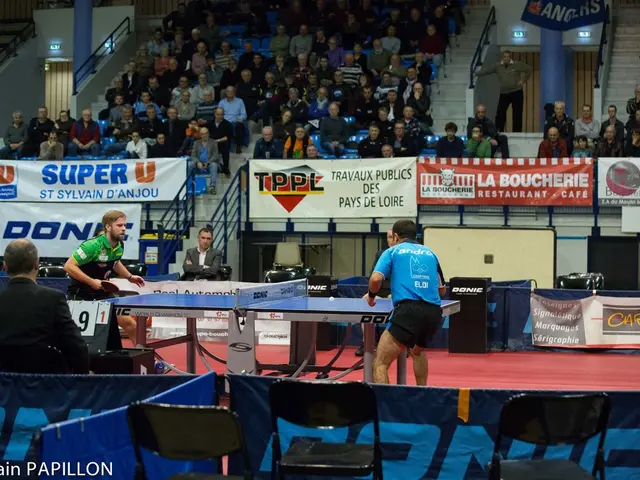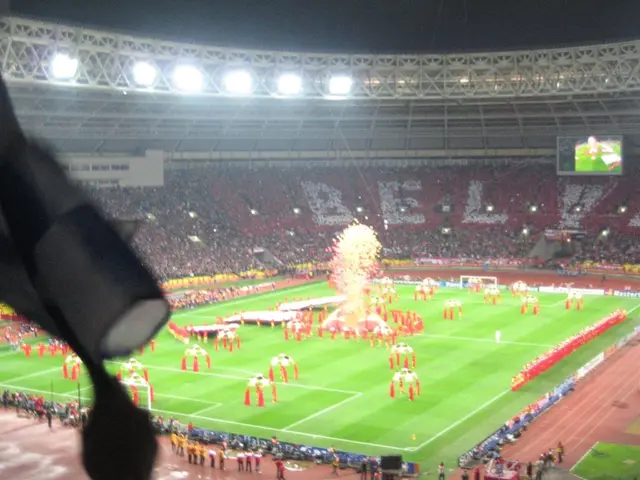Prediction markets in the gaming industry: Will they become a competitive feature like sports betting or face destruction?
The American Gaming Association (AGA) recently conducted a survey to gauge customer understanding of the difference between traditional sports betting and prediction markets. The survey, conducted by Howard Stutz, as mentioned in The Nevada Independent, focused on Americans' perceptions of sports event prediction markets.
Contrary to some assumptions, the AGA survey was not about understanding customer preferences for either traditional sports betting or sports event prediction markets. Nor was it about the technology or platforms used for these activities. Instead, the survey aimed at the gaming industry's customers, seeking to understand their comprehension of sports betting and financial trading on various topics, including sports.
The results of the survey indicate that approximately 85% of Americans view sports event prediction markets as gambling. Interestingly, the same percentage of Americans believe that sports betting should only be available through state-licensed sportsbooks and online platforms.
The AGA survey results also suggest that Americans expect prediction markets offering sports event contracts to be held to the same rules and consumer safeguards as state-regulated sportsbooks. This expectation underscores the need for clear regulation and oversight of these markets.
It's important to note that the AGA survey did not address the legality or regulation of either traditional sports betting or prediction markets. Similarly, it did not delve into the financial performance or impact of these markets.
In Germany, the responsible governmental authority that supervises and regulates state-approved sportsbook and online sports betting platforms is the "Gemeinsame Glücksspielbehörde der Länder" (Joint Gambling Authority of the Federal States), established under the new State Treaty on Gambling effective from July 1, 2021.
According to AGA CEO Bill Miller, the survey results were released last week, providing valuable insights into the American public's understanding and expectations of sports event prediction markets. As the industry continues to evolve, such insights will undoubtedly play a crucial role in shaping future policy and consumer protection measures.








